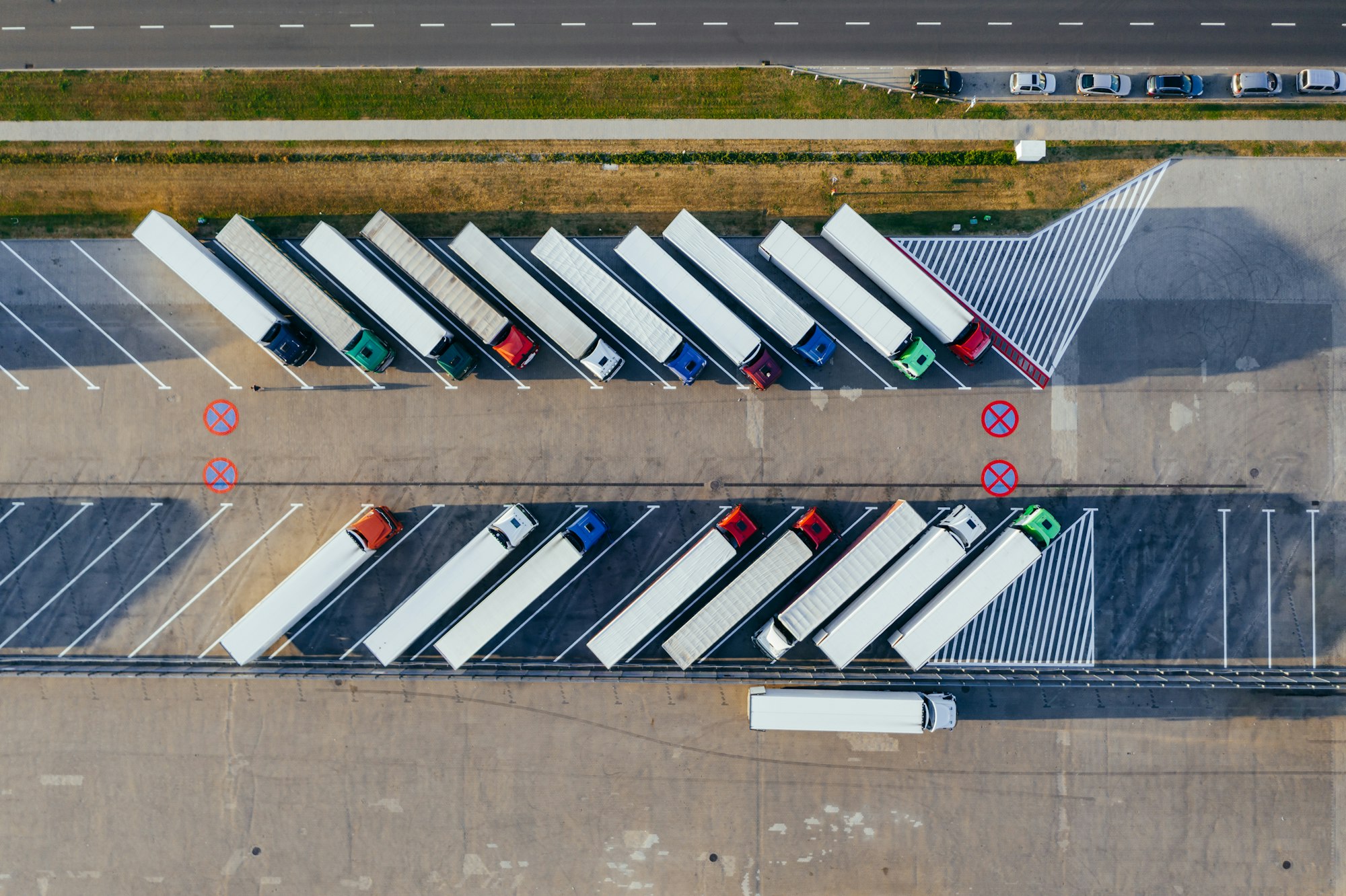China YearinReview: Securing the Battery Supply Chain

During 2023, Congress and the Biden Administration expressed the need to secure critical supply chains, particularly batteries reliant on lithium and minerals from China. Concerns focused on national security and human rights issues related to the Uyghur Forced Labor Prevention Act (UFLPA). Congress investigated Chinese battery companies, including CATL and Gotion, who partnered with US businesses. Federal agencies issued guidance on whether products owned by or controlled by the Chinese government were eligible for federal programs. In August, Senator Rubio called for CATL's inclusion on the UFLPA Entity List. In December, CATL batteries were removed from Camp Lejeune. Camel Group Co. Ltd. was added to the UFLPA Entity List. The House Select Committee on the Chinese Communist Party (CCP) investigated CATL's partnership with Ford Motor Company.
Source: Link
Frequently Asked Questions
Q1: What is the Uyghur Forced Labor Prevention Act (UFLPA), and how does it affect the global supply chain related to China?
A1: The UFLPA was enacted on December 23, 2021, with an effective date of June 21, 2022. It creates a rebuttable presumption that goods mined, produced, or manufactured in the Xinjiang Uyghur Autonomous Region of China, or by entities using Uyghur forced labor, are not allowed into the United States. This act significantly impacts the global supply chain, especially for those industries that are connected to regions or businesses implicated by the act, which may include parts of the battery supply chain. Source
Q2: How does the CHIPS and Science Act intersect with efforts to secure the battery supply chain?
A2: The CHIPS and Science Act, enacted on August 9, 2022, aims to lower costs, create jobs, strengthen supply chains, and counter China's influence on technology. While the Act primarily focuses on semiconductor production, it also has implications for the broader technology supply chains, including the battery market, by providing resources for supply chain activities to enhance security and competitiveness in fields affected by China's industrial policies. Source
Q3: How dominant is China in the global battery market and supply chain?
A3: As of the 2023 Annual Threat Assessment of the U.S. Intelligence Community, China is expected to control the majority of the global battery market by 2025. China has significant influence in all parts of the battery supply chain, producing 40 percent of the world's active pharmaceutical ingredients, which could have implications for global supply chain security. Source
Q4: What are the vulnerabilities of the global supply chain, especially regarding China's role in it?
A4: The global supply chain exhibits vulnerabilities due to concentrated production and dependencies on certain countries, with China playing a substantial role. Disruptions in China, including sanctions law and trade conflicts, can create ripple effects, causing supply chain uncertainties and highlighting the need for diversification and strengthened international security measures. Source
Q5: What efforts are being made by the United States to develop a battery minerals value chain with countries outside of China?
A5: The United States is actively looking to diversify its battery supply chain and reduce reliance on Chinese minerals. This effort includes a Memorandum of Understanding (MoU) with the Democratic Republic of Congo (DRC) and Zambia signed in 2022 to develop a battery minerals value chain, which is in line with the National Security Strategy to engage in global actions for clean energy supply chains. Source

